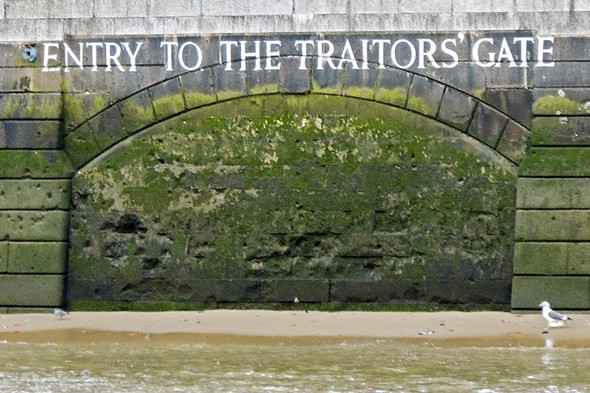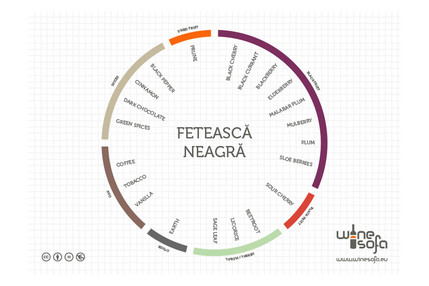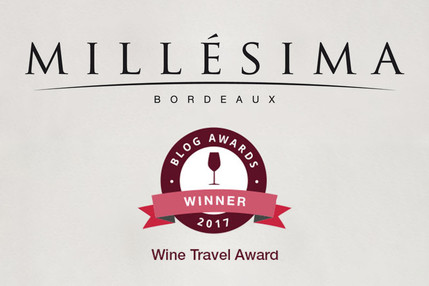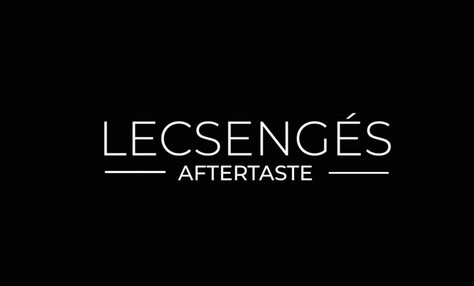I am lucky to live in a country where all the prerequisites essential for making the world’s finest natural sweet wine are given. I am Hungarian, so no doubt I am talking about Tokaji Aszú. This wine enjoys great fame and has a history of several hundreds of years, which has given birth to countless legends.
In many respects, Tokaji Aszú was the wine of the aristocracy. In the Tokaj wine region, the capital traditionally concentrated in the hands of rich aristocrats was also reflected in the land ownership structure. Kings and tsars, emperors and princes all drank Tokaji, so it’s no surprise that everyone wanted to share in its success as well.
László Alkonyi presented Tokaji Aszú as The Wine of Freedom in his beautiful book of the same name. This is because this wine helped Francis II Rákóczi finance the uprising against the Habsburgs.
But Tokaji Aszú is equally the wine of the Jewish, without whom it may never have achieved the fame it enjoys today. It was they who travelled right across Europe to sell this excellent wine and establish warehouses abroad.
When discussing Tokaj’s greatness, Hungarians speak of 400 years. The main reason for talking only about 400 not 500 years is that following World War I, a small part of the Tokaj wine region, i.e. two villages, a small part of a town and some 180 hectares of vineyard, was given to the newly established Czechoslovakia.
Many say that this was the beginning of its deminse, though this statement is incorrect for several reasons. One should not ignore, however, the fact that the peace treaty the Hungarians call simply “Trianon” crippled, humiliated and ruined the thousand-year-old kingdom of Hungary. Today, 97 years later, this trauma is still a neuralgia for all Hungarians whether nationalist or liberal, socialist or chauvinist, conservative or communist. I must admit it hurts me too. And now comes the BUT!
On the one hand, Tokaj’s hardships are not only rooted in this one single thing. At times, Ottoman and Tartar hordes ravaged the region, while at others, the various custom duties imposed by the Habsburgs made Tokaj’s trading activities difficult. However, after Trianon, it was the nation itself that successfully chased away the merchant class, followed almost immediately by the arrival of Soviet communism and mass production. This all led to the complete destruction of Tokaj, forcing it to rebuild itself later from almost nothing.
Now let me make a personal remark; I am proud to be Hungarian, not for some fake national consciousness, but rather because my people were able to survive for more than a thousand years in the face of all attacks from the East which they managed to repulse, thus protecting the safety and security of the West. I am proud that this country has been a melting pot of innumerable peoples and nations for many centuries. And ever since we have been a member of the European Union, are free to travel (I can still vividly remember the times when that wasn’t the case) and borders no longer make sense, I am proud to advocate the opinion that there is only one Tokaj!
It’s true that legally speaking, there are currently two Tokaj wine regions, one in Hungary and the other in Slovakia, with different regulations and protection of origin, and it is also true that the current area of the Slovakian Tokaj is completely different to that of one a hundred years ago. As far as I’m concerned, however, the vital point is quality. It doesn’t matter if a particular wine is Hungarian or Slovakian, if it bears the label “Tokaj’ it must attract admiration in the same way it did in 1580, 1720 or 1811.
That is why I am also pleased to write about Slovakian winemakers alongside their excellent Hungarian counterparts; that is why we were the first in the world to create a map of Tokaj on WineSofa which shows both countries, that is why I was happy to help the Slovakian side to introduce themselves in Erdőbénye, Hungary last year, that is why I gladly gave a presentation about Furmint in Kosice, Slovakia and that is also why I gave an interview to the New York Times when they asked me about Slovakian Tokaj.
Some say that this means I am a “bad Hungarian”, nay, a traitor. Unfortunately, it’s no joke; there are winemakers who have told me this to my face, whilst others discuss it behind my back at Mádi Kör (association for the protection of designation of origin) or in the Ministry of Agriculture. But actually such rumours also find their way to me at once.
Well my dear friends and enemies, I believe in quality and I am not disposed to hate anyone just because they are not Hungarian. I am proud that this nation was not or was just rarely like this. “Aki embernek hitvány, az magyarnak alkalmatlan”, (vile men are ineligible to be Hungarian) wrote a renowned Hungarian writer, Áron Tamási. I live by this and it will make everyone’s lives easier if they can accept it.






